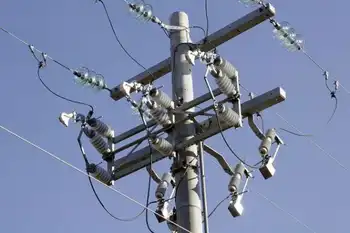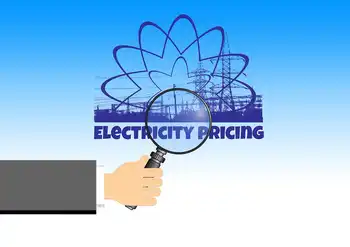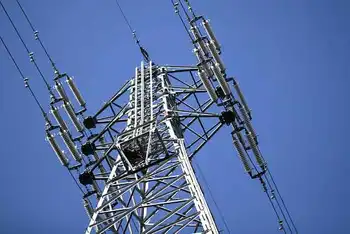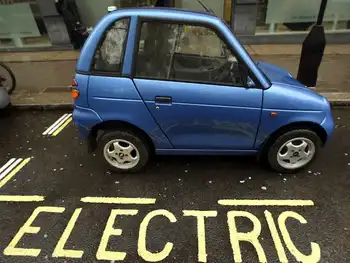Rally seeks power plant ban
More than 100 people at the rally in the Hawaii Capitol rotunda — complete with a solar-powered sound system — urged state lawmakers to pass the bill, which is being debated.
Many majority Democrats in the Legislature support the spirit of the measure, but they say it probably won't pass because of worries that an outright ban on additional fossil fuel generating capacity could limit the state's options in an energy crisis.
"We demand that Hawaii no longer use oil, no longer use coal and no longer use gas to power our state," said Henk Rogers, founder of the Blue Planet Foundation, whose mission is to make Hawaii energy independent.
By shutting off the option of using more fossil fuel, Hawaii's electricity utilities and decision makers would have no choice but to emphasize renewable energy, Rogers said.
Hawaii would become the first state with such a law.
Joined by Gov. Linda Lingle, the demonstrators waved signs and chanted, "No oil, no coal, fossil fuel has got to go."
"If there's anywhere in this world that should set the example, that should put rhetoric into action, it's Hawaii," Lingle told the crowd. "We should be the place that says to the world, 'We can do it.'"
The measure to ban new fossil fuel-based power production has been faltering among legislators who fear that solar, wind and wave energy won't do enough to quench the state's future power needs.
"The advocates would like to just see this get said and done, but we need to deal with the practical implementation," said Senate Vice President Russell Kokubun, D-Hilo-Naalehu. "Are we going to have the alternative fuel available, and is that going to be enough to run our generating plants?"
Hawaii has set a goal of getting 70 percent of its energy from clean sources by 2030.
Despite the debate, the issue of banning new power plants is somewhat moot because no new power plants are planned by Hawaii's primary utility company, Hawaiian Electric, which already agreed to not add any fossil fuel-based generating units over 2 megawatts.
"A lot of the opposition to this bill has talked about the fact that we need to keep our options open," said Robert Harris, director of the Sierra Club's Hawaii chapter. "No we don't.... It's now time to burn the boats."
A compromise measure opposed by the environmental groups would allow construction of new power plants that use a mixture of fossil fuels and other renewable fuels. It would also exempt non-utility power plants.
Related News

Hot Houston summer and cold winter set new electricity records
HOUSTON - Last year's Houston cold winter and hot summer drove power use to record levels, especially among households that rely on electricity for air conditioning.
Electricity generation increased 4 per cent nationwide in 2018 and produced 4,178 million megawatt hours, surpassing the previous peak of 4,157 megawatt hours set in 2007, the Energy Department reported.
U.S. households bought 6 percent more electricity in 2018 than they did the previous year, reflecting the fact 87 percent of households cool their homes with air conditioning and 35 percent use electricity for heating.
Electricity sales to the commercial sector increased 2 percent in 2018 compared…





